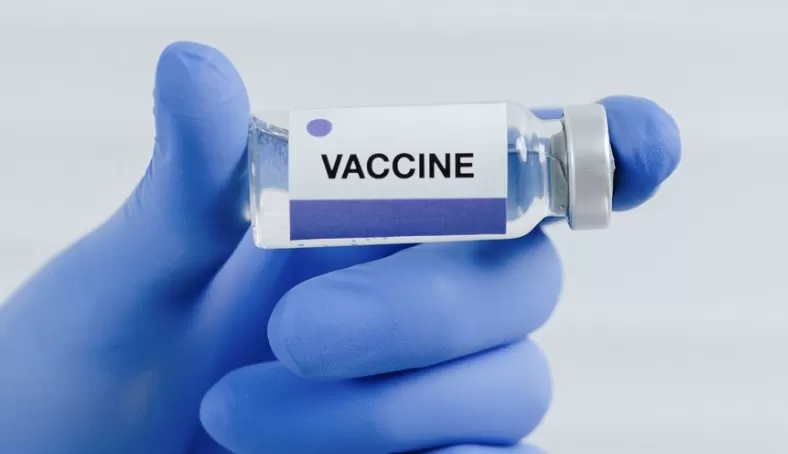Unregistered Tiger Nut Drinks Linked to Lagos Cholera Outbreak

In a recent development, the Lagos State Government has identified an unregistered tiger nut drink as the primary cause of a cholera outbreak in the state. The outbreak has affected several local government areas, with the highest number of cases reported in Lagos Island, Eti-Osa, and Kosofe.
Dr. Kemi Ogunyemi, the Special Adviser to the Lagos State Governor on Health, disclosed that investigations revealed a common denominator among the patients – the consumption of an unregistered tiger nut drink. The drink, which was not approved by the National Agency for Food and Drug Administration and Control (NAFDAC), was found to contain Vibrio cholerae subtype 01, the most infectious and aggressive strain of cholera.
The Lagos State Government has been actively addressing the outbreak by conducting thorough surveys, contact tracing, and collecting samples of the suspected drink and water sources for testing. The efforts have confirmed the presence of Vibrio cholerae subtype 01 in the samples, linking the outbreak directly to the consumption of the unregistered tiger nut drink.
In response to the outbreak, the Lagos State Government has intensified public health campaigns to raise awareness about the risks associated with consuming unregistered products. The government has also activated its Public Health Emergency Operations Centre to coordinate the response and ensure the provision of necessary medical assistance to affected individuals.
As the investigation into the source of the unregistered tiger nut drink continues, the Lagos State Government has urged residents to remain vigilant and report any suspicious products or activities to the relevant authorities. The government has also reiterated its commitment to ensuring the safety and well-being of its residents by enforcing strict regulations on food and beverage production and distribution.
The recent cholera outbreak in Lagos serves as a stark reminder of the importance of maintaining stringent quality control measures in the production and distribution of food and beverages. It also underscores the need for consumers to be cautious and informed about the products they consume, especially those that are not regulated or approved by relevant authorities.






